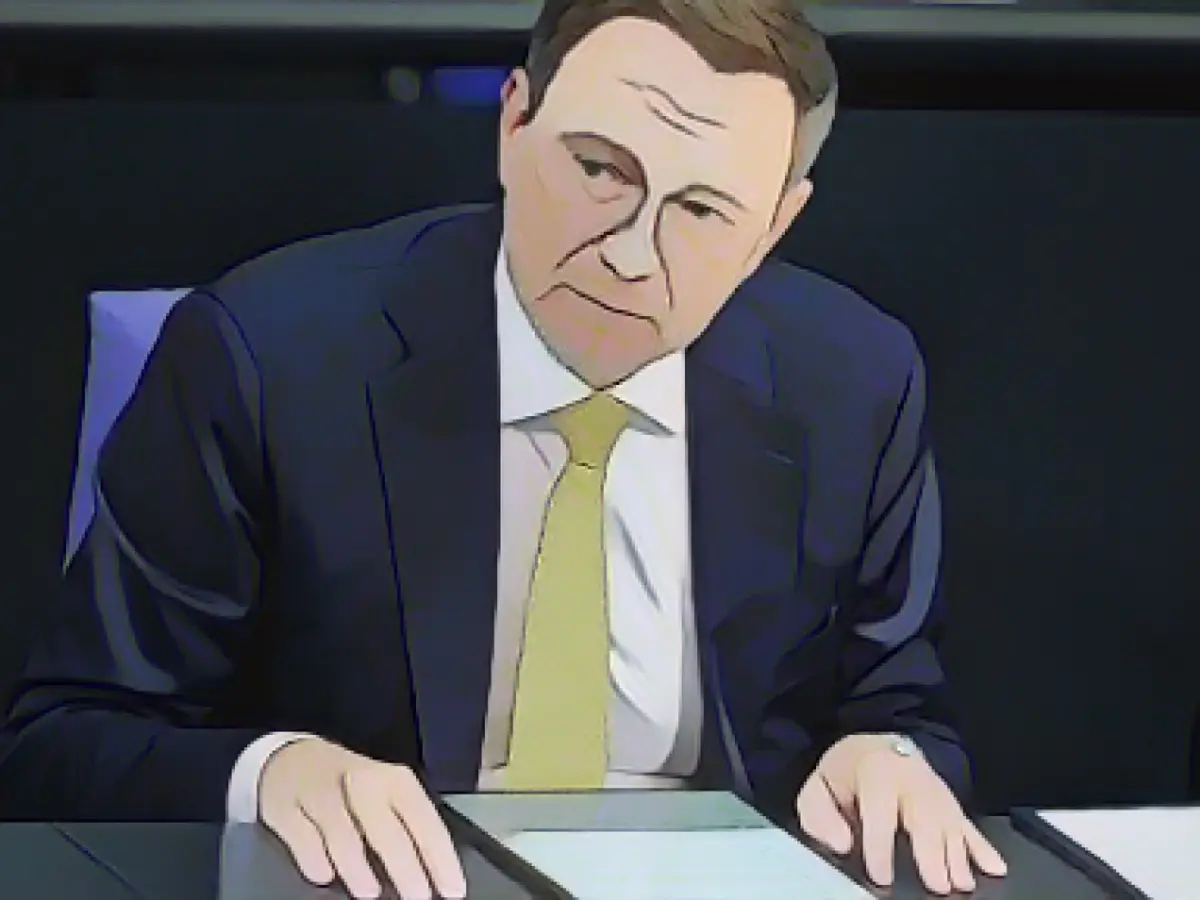Finance Minister Christian Lindner, of the Free Democratic Party (FDP), has drawn a line in the sand regarding government involvement and tax increases in the formation of the Traffic Light Coalition. In an interview with "The Pioneer," Lindner made clear that the FDP's participation hinges on respecting the debt brake and avoiding any tax increases.
Lars Klingbeil, the SPD leader, suggested that the coalition's adherence to the debt brake and avoidance of tax increases could once again be up for debate following the budget ruling. However, Lindner responded, "This can be discussed in the next Bundestag election campaign in 2025."
The importance of fiscal responsibility and the tax burden on citizens is a point of emphasis for the FDP. In the event of a grand coalition between the SPD and CDU/CSU, Germany would be left with the "many problems with migration, planned climate protection, and neglect of the Bundeswehr," according to Lindner.
Insights:
- The FDP stands firm on maintaining the debt brake and avoiding tax increases due to concerns over the tax burden on German households and fiscal responsibility.
- The SPD, on the other hand, advocates for relaxing the debt brake but not abolishing it, and prioritizing direct investment incentives and social welfare over reducing corporate tax rates.
Despite potential debates over fiscal policies, the FDP remains adamant in its stance, emphasizing the importance of financial stability and fiscal discipline for German households. The Traffic Light Coalition may face challenges in reaching a compromise on controversial issues like tax increases and adhering to the debt brake, but they must strive for effective governance and delivery on their respective agendas.
- The FDP, with Christian Lindner as leader, supports maintaining the debt brake and advocates for fiscal discipline, encouraging investment through reduced corporate tax rates and improved tax depreciation in the housing sector.
- The SP D, in contrast, proposes relaxing the debt brake and prioritizes social welfare and investment in key sectors like defense, infrastructure, education, and environmental protection through direct investment incentives, improving the housing allowance, and an equity capital fund for housing associations and co-operatives.
The differing economic and fiscal policies between the FDP and SPD will require compromise as they navigate coalition politics and implement their policy agendas in the Traffic Light Coalition.








